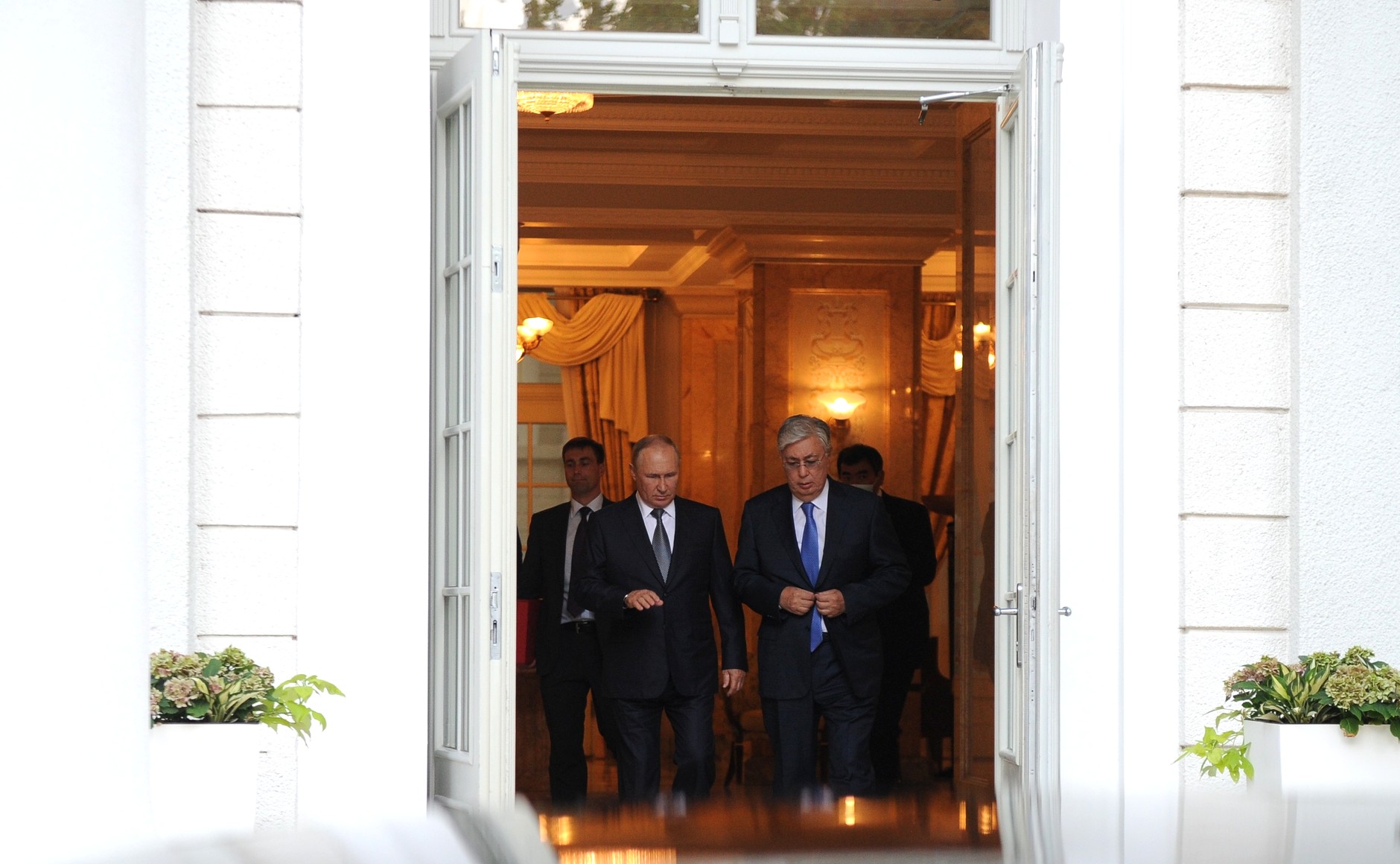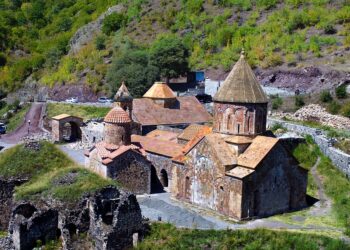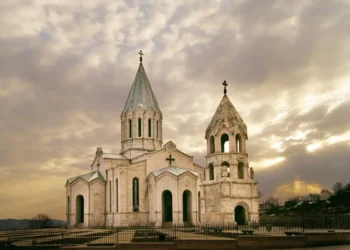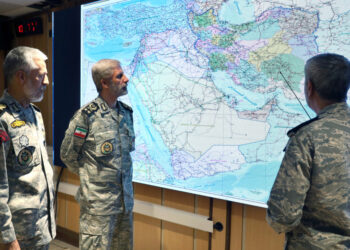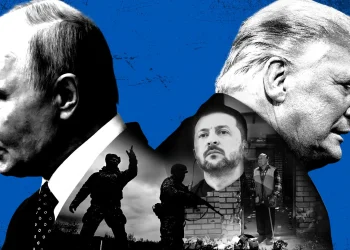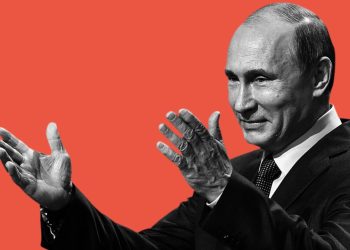MOSCOW (Realist English). Kazakhstan has the status of a strategic priority for the Russian leadership, and the Kazakh direction of the Kremlin’s diplomacy is under the personal control of Vladimir Putin. Obviously, Kazakhstan has also in past had a special significance for Moscow and its policy in the near abroad. The conflict with the Ukraine and the related international consequences for Russia further contributed to the increase in Kazakhstan’s rates.
Russia, no doubt, is extremely interested in maintaining strategic partnership relations with Kazakhstan. And this is important not only from the point of view of countering the regime of Western sanctions, which seek to exclude the Russian Federation as much as possible from the established format of international relations. An alliance with Kazakhstan is an indispensable condition for the success of any political projects of the Kremlin in the post-Soviet space, primarily in Central Asia.
In this sense, Moscow is interested not only in reliable partnership relations with Nursultan, but also in the internal stability of Kazakhstan. And there may be some problems with this. Kazakhstan is currently undergoing a rather dramatic process of internal transformation associated with the creation of a new political system. This restructuring, conceived by President Kassym-Jomart Tokayev, involves rather deep purges in various echelons of the Kazakh elite (getting rid of the personnel legacy of Nursultan Nazarbayev), betting on new civic activism, awakening public energies on the ground.
It is not yet clear what consequences this may lead to. The old elites, who are threatened with demolition from status and resource positions, are unlikely to agree to leave the political scene voluntarily. The social energies awakened by Tokayev’s liberalization are by no means constructive a priori and may turn into new challenges and threats for him after some time.
It seems that the risks of Perestroika 2.0, a kind of remake of Gorbachev’s Spring, may not be fully calculated for Kazakhstan. Moreover, these risks can strengthen factors such as the weakness of the republican power structures (which was clearly seed during the January 2022 events), the aggressiveness of organized criminal communities, as well as the growing popularity of various trends and projects of political Islam.
Moscow is interested in the success of Tokayev’s restructuring, because, otherwise, Kazakhstan may be overwhelmed by a political crisis with grave consequences like the Ukrainian Maidan of 2013. Russia will be ready to provide the current president of Kazakhstan with all possible support so that Tokayev’s reform experiment, on the one hand, strengthens his position, and, on the other hand, creates a new balance of power that would work to stabilize the situation in the country, and not provoke new acute wars in the Kazakh elites.
Unfortunately, as many Kazakh observers note, it is impossible to exclude a repetition in the future of the events that shook the republic in January 2022. At that time, the situation was stabilized quickly enough only due to the introduction of CSTO forces, whose backbone were the Russian military personnel, into Kazakhstan at the request of President Tokayev. Moscow would very much not want to do this again, so it will closely monitor the political processes in Kazakhstan, without interfering in them, but, obviously, periodically bringing its assessments to the Kazakh leader. Including through the format of personal meetings and telephone conversations between Vladimir Putin and Kassym-Jomart Tokayev.
Andrey Serenko is the Head of the Center for the Study of Afghan Politics, Special to Realist English


